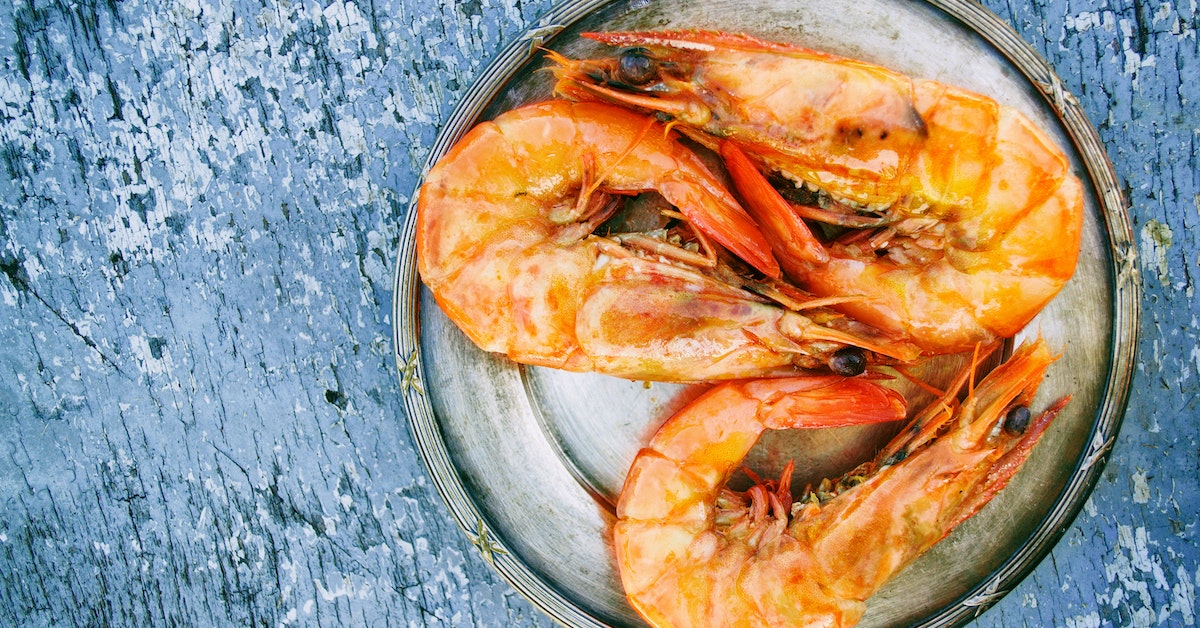Dogs love nuts. In fact, most dogs are instinctively drawn to them because they’re packed with healthy fats and proteins that provide essential nutrients. However, nuts also pose a risk to dogs because of their high fat content. Most nuts contain oil and fats that can cause an upset stomach or vomiting if consumed in large quantities. In addition, some types of nuts and seeds have a toxin called lectin that can be harmful for dogs. As is always the case with most foods, there is no universal answer as to whether or not your dog can eat nuts. The best way to find out which types are safe for your dog and how much is okay to give him at once is by consulting with your vet. Let’s take a look at what you need to know about whether or not your dog can eat nuts…
Which Nuts Are Safe for Dogs?
In general, any nut that is not listed as toxic below is safe for your dog to eat in moderation. That said, there are some specific nuts that are safer than others. That’s because they are lower in fat, have less lectin, and are much easier to digest. Here are some nuts that are safe for your dog to eat:
Peanuts – Peanuts are surprisingly safe for dogs and are an excellent source of protein. They are easy to digest and are not high in fat or lectin. Peanuts are safe for dogs and are an excellent source of protein.
Walnuts – Walnuts have a high amount of omega-3 fatty acids, Vitamin E, and antioxidants. They are safe for dogs in moderation as long as they are not over-roasted.
Which Nuts Are Dangerous for Dogs?
If you’re going to feed your dog nuts, it’s important to know which types are dangerous. The ones below should be avoided at all costs because they can cause a dangerous, even life-threatening, reaction in dogs:
Almonds – Almonds are toxic for dogs because their high level of sugar can cause pancreatitis.
Brazil nuts – These are high in lectin and should not be fed to dogs. Cashew nuts – Cashew nuts are toxic for dogs because they contain a toxin called anacardic acid, which can cause vomiting and diarrhea.
Hazelnuts – Hazelnuts are toxic for dogs because they can cause gastrointestinal upset and damage the pancreas.
Peanut butter – Peanut butter should be avoided at all costs. Although it’s easy to assume that oils like peanut oil, hemp seed oil, and coconut oil are safe to feed your dog, they are not. Peanut butter can result in a toxic reaction in dogs and should be avoided.
Pecan nuts – Pecan nuts are toxic for dogs because they contain cyanide.
How Much Nuts Is Too Much for a Dog?
There is no hard and fast rule as to how much is too much for your dog to eat. That’s because every dog is different and has their own unique dietary needs. That said, you can use these general guidelines to stay safe: One or two walnuts is an appropriate snack for a 10-pound dog. A one-pound bag of peanuts will last a 50-pound dog about a week. A half-cup of almonds will last a 10-pound dog a week. A quarter-cup of hazelnuts will last a 10-pound dog a week A quarter-cup of pecans will last a 10-pound dog a week.
Is Cashew Nuts Good For Dogs?
Cashew nuts are not safe for dogs because they are high in fat, have a high amount of lectin, and can lead to gastrointestinal upset in dogs. Additionally, cashews are one of the most common human foods that dogs accidentally eat. Why? Because they look like dog treats and are often served at parties. If you want to give your dog cashews, you must bake them first in the oven at a temperature of 400°F for 10 minutes or fry them in a pan with a little oil at a temperature of 375°F for 3 minutes on each side. This process will kill the toxin that is inside the nut and make it safer for dogs.
Can Dogs Eat Pistachio Nuts?
Pistachio nuts are usually safe for dogs, but they contain a high amount of fat and should be given in moderation. If your dog is overweight, he should avoid them because they are very high in calories. If your dog is in good health, a couple of pistachios once a week is fine.
Can Dogs Eat Walnut?
Walnuts are safe for dogs in moderation, but they are very high in fat, so they should be used sparingly. One walnut a day is enough to give your dog a health boost, but 10 walnuts a day is enough to make him sick.
Can Dogs Eat Peanut?
Peanut butter should not be fed to dogs under any circumstances. Raw peanuts, however, are safe for dogs and can be used as a training treat. They are high in protein and are easy to digest, making them a great option for dogs of all ages and sizes.
Can Dogs Eat Pumpkin Seeds?
Pumpkin seeds are high in zinc and protein and are safe for dogs. Just make sure you remove the shell, as it is toxic.
Can Dogs Eat Almonds?
Almonds are safe for dogs in moderation. Like all nuts, they are high in fat, so they should only be fed in small quantities and as a treat. That said, they are a good source of Vitamin E, protein, and fiber.
Final Words: A Final Summary of Whether or Not Your Dog Can Eat Nuts
In general, any nut that is not listed as toxic above is safe for dogs to eat in moderation. That said, there are some specific nuts that are safer than others. That’s because they are lower in fat, have less lectin, and are easier to digest. Peanuts, walnuts, and almonds are three of the safer nuts that are easy to digest and low in fat. That said, peanuts are the safest of them all because they are very low in fat and have almost no lectin.
A Final Summary of Whether or Not Your Dog Can Eat Nuts
Dogs love nuts. In fact, most dogs are instinctively drawn to them because they’re packed with healthy fats and proteins that provide essential nutrients. However, nuts also pose a risk to dogs because of their high fat content.







